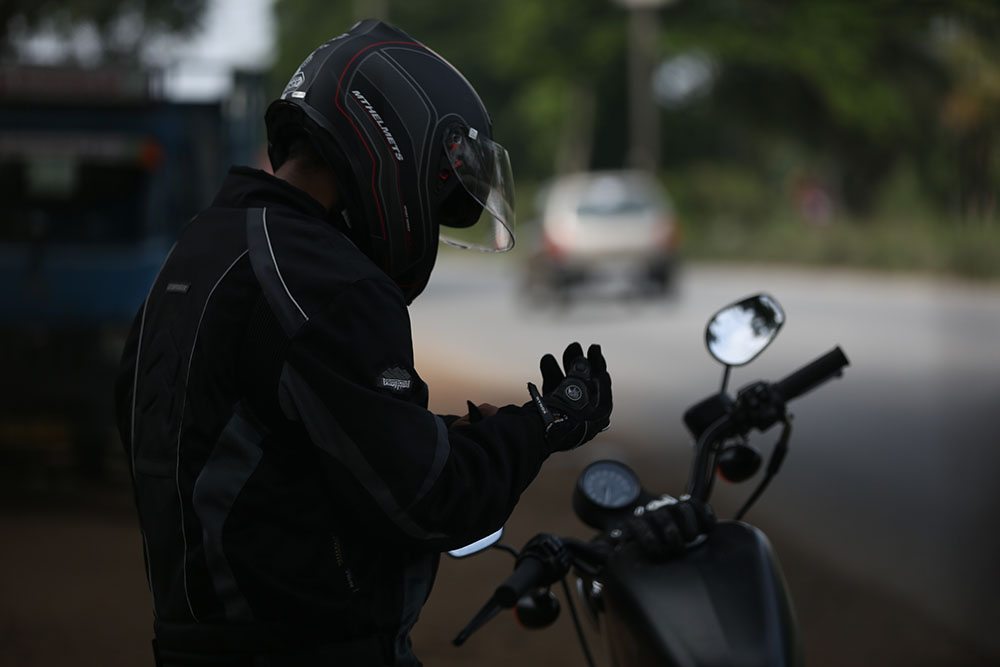
Earlier this month, a Connecticut appellate court issued a written opinion in a motorcycle accident case that was brought by the accident victim against a museum that had arranged the classic-car drive in which the at-fault motorist was participating at the time of the accident. The appellate court was tasked with determining if the lower court’s decision to grant summary judgment in favor of the defendant was proper. Ultimately, the court concluded that the lower court erred because it based its ruling on grounds that were not raised by the defendant.
The Facts of the Case
The plaintiff was riding his motorcycle on a Connecticut road when the defendant pulled out in front of him, causing a collision. At the time, the defendant was participating in a classic-car cruise that was arranged by the defendant museum. The plaintiff filed a personal injury lawsuit against both the driver of the car as well as the museum. This case deals solely with the plaintiff’s claim against the museum, alleging that the museum was vicariously liable for the driver’s actions.
Before the case reached trial, the museum asked the court to dismiss the case, based on the fact that it did not owe a duty of care to the plaintiff. Specifically, the museum argued that it was not foreseeable that a participant in the cruise would run a stop sign and cause an accident. The trial court disagreed with the defendant and denied summary judgment on that basis. However, the court granted summary judgment based on the court’s own determination that public policy considerations prevented the defendant from being held liable in this situation. The court explained “to permit vicarious liability where there is no direct liability would be to accomplish indirectly that which could not be accomplished [directly].” The plaintiff appealed.
On appeal, the court reversed the lower court’s decision to grant summary judgment to the defendant. The court explained that it was improper for the trial court to base its ruling on grounds that were not raised by the defendant. The court explained that a judge presiding over a summary judgment motion must consider the evidence presented and arguments made by counsel, but nothing else. Here, the court explained, the trial court relied on a non-raised argument to make its ruling. Thus, the court reversed the lower court’s granting of summary judgment. As a result of the decision, the plaintiff’s case will be permitted to proceed toward trial or settlement negotiations.
Have You Been Injured in a Connecticut Car Accident?
If you or a loved one has recently been injured in any kind of Connecticut car accident, you may be entitled to monetary compensation. At Brickley Law, we have been representing victims for years, and we understand what it takes to be successful in courts across Connecticut. We serve clients in New Canaan, Wilton, Norwalk, Darien, and all of Fairfield County, Connecticut. Call 203-966-6600 to schedule a free consultation to discuss your case with a dedicated Fairfield County personal injury attorney.